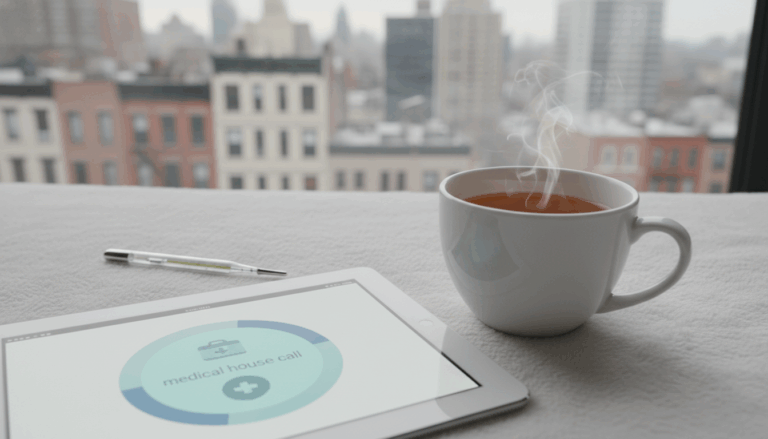Anxiety is a common mental health condition that affects millions of people around the world. It is characterized by excessive worry, fear, and apprehension. Anxiety attacks, also known as panic attacks, are sudden episodes of intense anxiety that can be terrifying and overwhelming. In this article, we will discuss how to recognize the symptoms of an anxiety attack.
Understanding Anxiety Attacks
Before we dive into the symptoms of an anxiety attack, it is important to understand what causes them. Anxiety attacks can be triggered by a variety of factors, including stress, trauma, and certain medical conditions. They can also occur without any apparent trigger.
During an anxiety attack, the body’s natural fight or flight response is activated. This response is designed to protect us from danger by releasing hormones that increase heart rate, blood pressure, and respiration. In the case of an anxiety attack, however, this response is triggered unnecessarily, causing a range of physical and psychological symptoms.
Common Symptoms of an Anxiety Attack
Anxiety attacks can vary in intensity and duration, but they typically involve a combination of physical and psychological symptoms. The following are some of the most common symptoms of an anxiety attack:
Physical Symptoms
- Rapid heartbeat
- Chest pain or discomfort
- Shortness of breath
- Sweating
- Trembling or shaking
- Nausea or stomach upset
- Dizziness or lightheadedness
- Muscle tension or stiffness
- Headache
Psychological Symptoms
- Fear of losing control or going crazy
- Fear of dying
- Feeling detached from reality
- Intense worry or apprehension
- Restlessness or agitation
- Irritability or anger
- Difficulty concentrating
- Trouble sleeping
It is important to note that not everyone will experience all of these symptoms during an anxiety attack. Some people may only experience a few, while others may experience many.
What to Do During an Anxiety Attack
If you or someone you know is experiencing an anxiety attack, there are several things you can do to help:
- Stay calm: Anxiety attacks can be scary, but it is important to remain calm and reassure yourself or the person experiencing the attack that it will pass.
- Breathe deeply: Slow, deep breathing can help to reduce symptoms of anxiety by slowing the heart rate and calming the body.
- Use grounding techniques: Grounding techniques, such as focusing on your surroundings or repeating a calming phrase, can help to bring you back to the present moment and reduce feelings of detachment.
- Seek professional help: If anxiety attacks are interfering with your daily life, it is important to seek professional help. A mental health professional can work with you to develop a treatment plan that meets your individual needs.
Conclusion
Anxiety attacks can be frightening, but they are treatable. By understanding the symptoms of an anxiety attack and knowing what to do during an attack, you can take steps to manage your anxiety and improve your overall mental health. If you are experiencing anxiety attacks, remember that you are not alone, and help is available.

